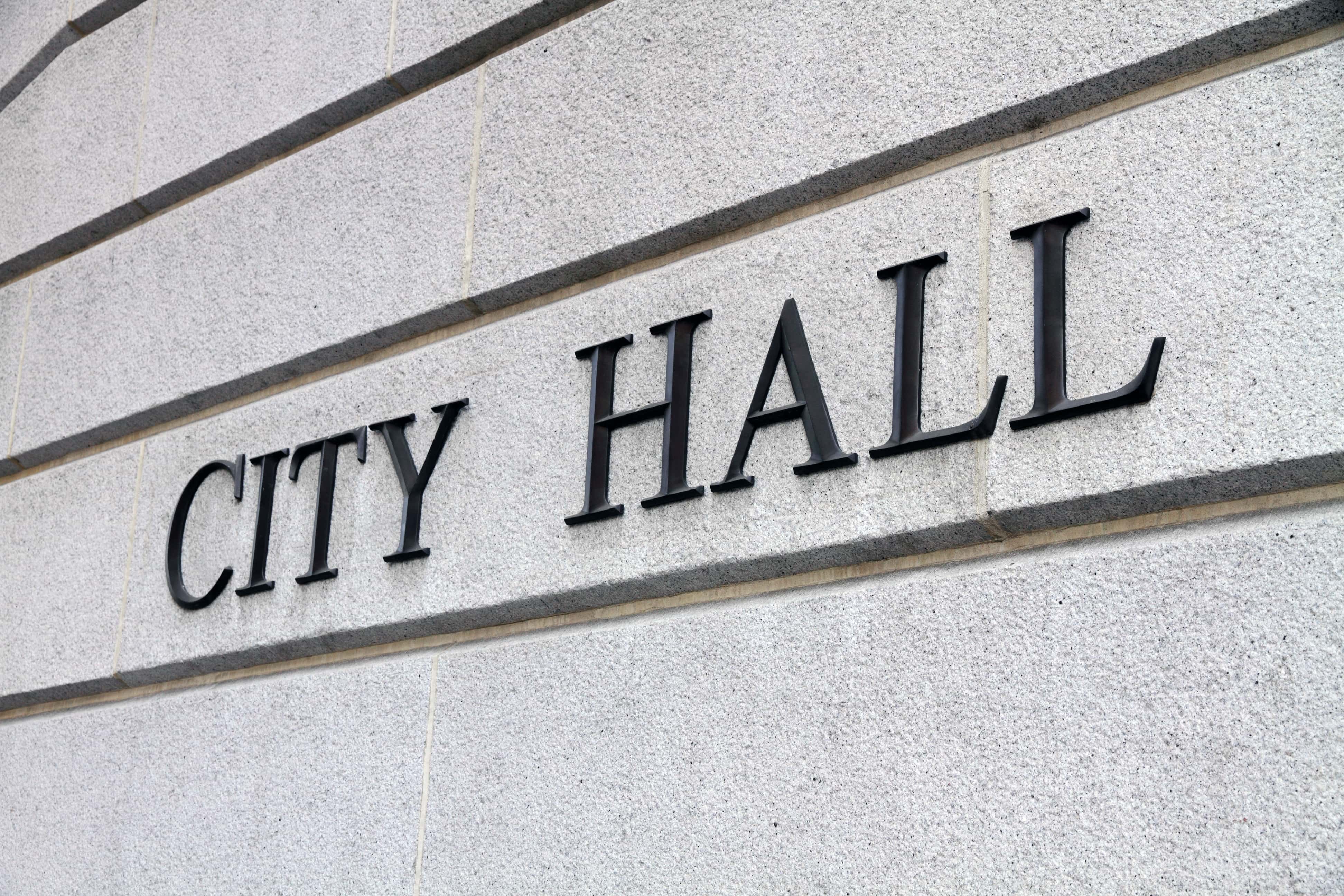While the role of local government may not get the same attention as federal, it often has a more direct impact on people’s lives. Local government meetings play a pivotal role in shaping communities across the US by providing a platform for citizens to gain insight into crucial matters, voice their concerns and actively contribute to the democratic process. As a result, making these meetings transparent is critical. Only with active community participation can citizens stay well-informed about the local policies that matter most for their neighborhoods.
In acknowledgment of this, every state enacted a “sunshine law” to mandate transparency by requiring that public officials conduct official business in open forums, allowing for citizen participation. Not only do laws require the ability to attend such meetings, but they often mandate that officials must record their dialogues and provide access to minutes or transcripts after the fact. Additionally, legislation requires that government meetings be accessible to people with disabilities because without such accommodations, not everyone would have the opportunity to take part in the decision-making process. Fortunately, modern transcription solutions and other accessibility tools can make achieving both objectives easier than ever.
Benefits of Transcripts for Local Government Meetings
Transcripts of government meetings offer written accounts of discussions, decisions and public engagements. A written record serves to enhance transparency and inclusivity, making it a valuable resource for citizens, journalists and researchers. Access to such records also contributes to a more accessible and open democratic process, fostering an informed citizenry. In many states, such records need to be available upon request. Other states, like New York, now require the online publication of minutes or records within 14 days of the meeting.
Unlike minutes, that may exclude some communication, a verbatim transcript will capture everything that the parties said during a session. As such, transcripts offer more equitable access to the information shared by officials and fellow citizens. With technology, it’s easier than ever to provide transcripts for every meeting or event.

Tools and Technologies for Transcribing Meetings
Selecting the right transcription tools and technologies is crucial. While traditional methods, like minute taking, may be useful, they may not be complete enough to serve both an accessibility and a transparency purpose. Also, unless the person recording the minutes is a professional notetaker, the results may be incomplete or full of inaccuracies.
Instead, using a professional transcription service provides accurate and reliable results. Professional transcription companies like Verbit employ advanced technologies, such as Automatic Speech Recognition (ASR) and AI-driven solutions, to deliver accurate transcriptions efficiently. Choosing a reputable service with a proven track record in government transcription is the best way to get quality results.
Further Accessibility Considerations for Local Government
In addition to providing transcripts, local government meetings must adhere to various accessibility requirements. Here are a few of the accessibility considerations needed to make these events more inclusive.
Closed Captioning and Sign Language Interpreters
Live captioning is a solution that should be available for any meeting, whether it’s virtual, in person or hybrid. Captions help make the content accessible for people who are Deaf or hard of hearing, as well as others. However, captions alone aren’t always enough. Many people who are Deaf or hard of hearing require sign language interpreters to truly have an equitable experience.
Accessible Meeting Spaces
Physical meeting spaces should be accessible for wheelchair users. For instance, ramps, elevators and other accommodations help make spaces more easily navigable.
Public Notices
Government officials need to offer announcements and agendas before their meetings. It’s important that those announcements come in accessible formats. For example, if the meeting announcement is online, it should be in an accessible format that works for people using screen readers, includes alt text and has enough contrast to support those who are color blind.

Accessible Documentation
Any documents that officials present during meetings should come in accessible formats. If anyone shares a PDF or other file type, it will need to include proper tagging and alt text for images. The same applies for PowerPoint slides and other visual aspects of any presentations. Sending or posting materials ahead of time can also allow for better access.
Flexible Participation Options
Offering multiple ways for the public to participate, whether in person, virtually or through alternative methods, will accommodate a broader range of community members can engage. Translation options, for instance, will allow people who don’t speak English to take part.
Training for Staff
Government staff involved in organizing and conducting meetings should receive training on accessibility best practices to guarantee smooth and inclusive proceedings. Presenters can learn how to describe visual parts of a presentation for better experiences for those who are blind or have low vision, and if a sign language interpreter is present, staff should know where to have that interpreter stand so that those in attendance can see them.
List Accessibility Information
Provide information about meeting accessibility, including access to physical spaces and how to turn on captions. Also provide contact information for anyone who has questions about accessibility or feedback following the meeting.

Leverage a Partner with Expertise in Government Accessibility and Inclusion
Local government meetings are pivotal for informed decision-making and community involvement. Accurate transcripts play a key role in improving accessibility of these meetings, while also facilitating more transparent governing. Beyond transcripts, offering access to closed captioning, sign language interpreters and ensuring the physical meeting spaces are accessible can greatly enhance inclusivity.
Working with Verbit can help your government agency at every level of the accessibility journey. Our government team can provide expertise on how to provide better records of your meetings, while offering more accessibility for your employees and the public. Reach out to learn more about Verbit’s solutions which are built for the government sector, including transcription, captioning, translation and audio description.




